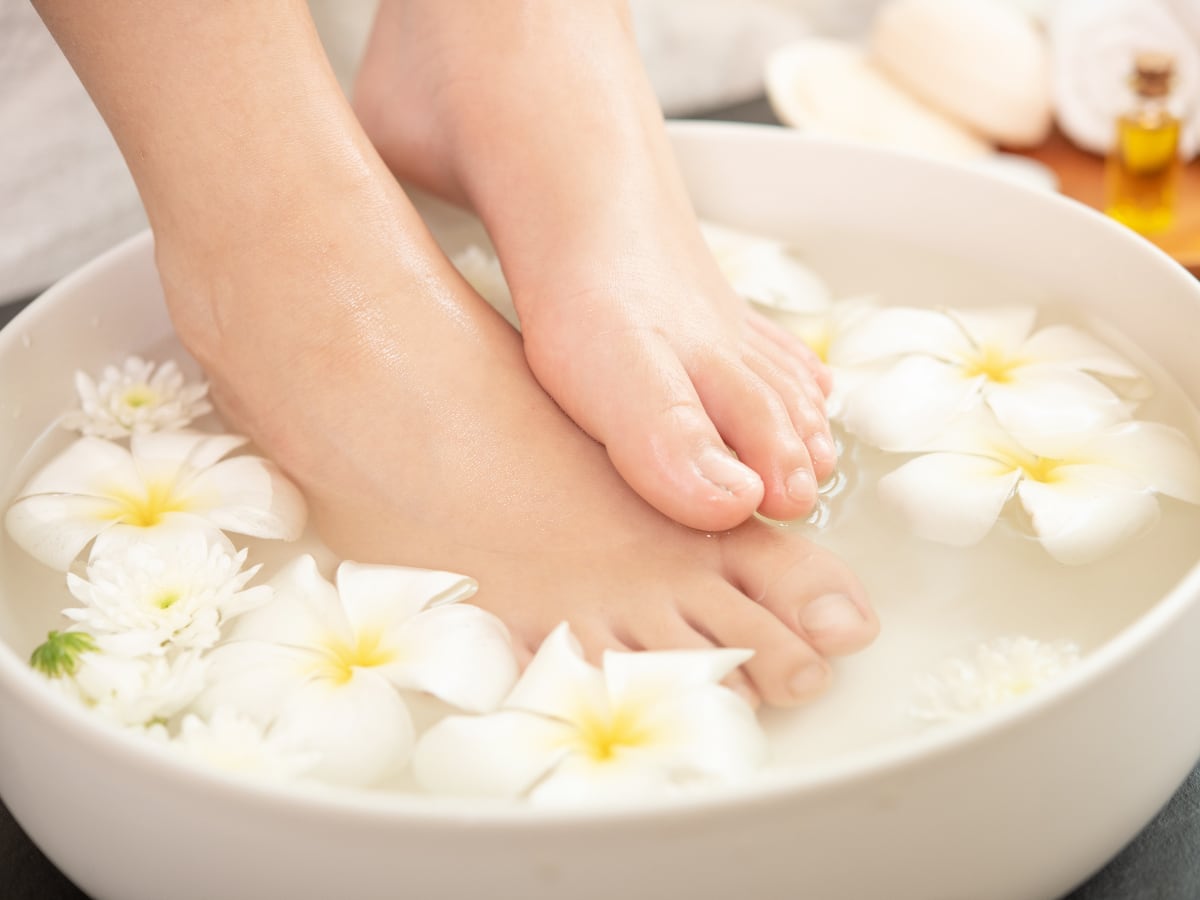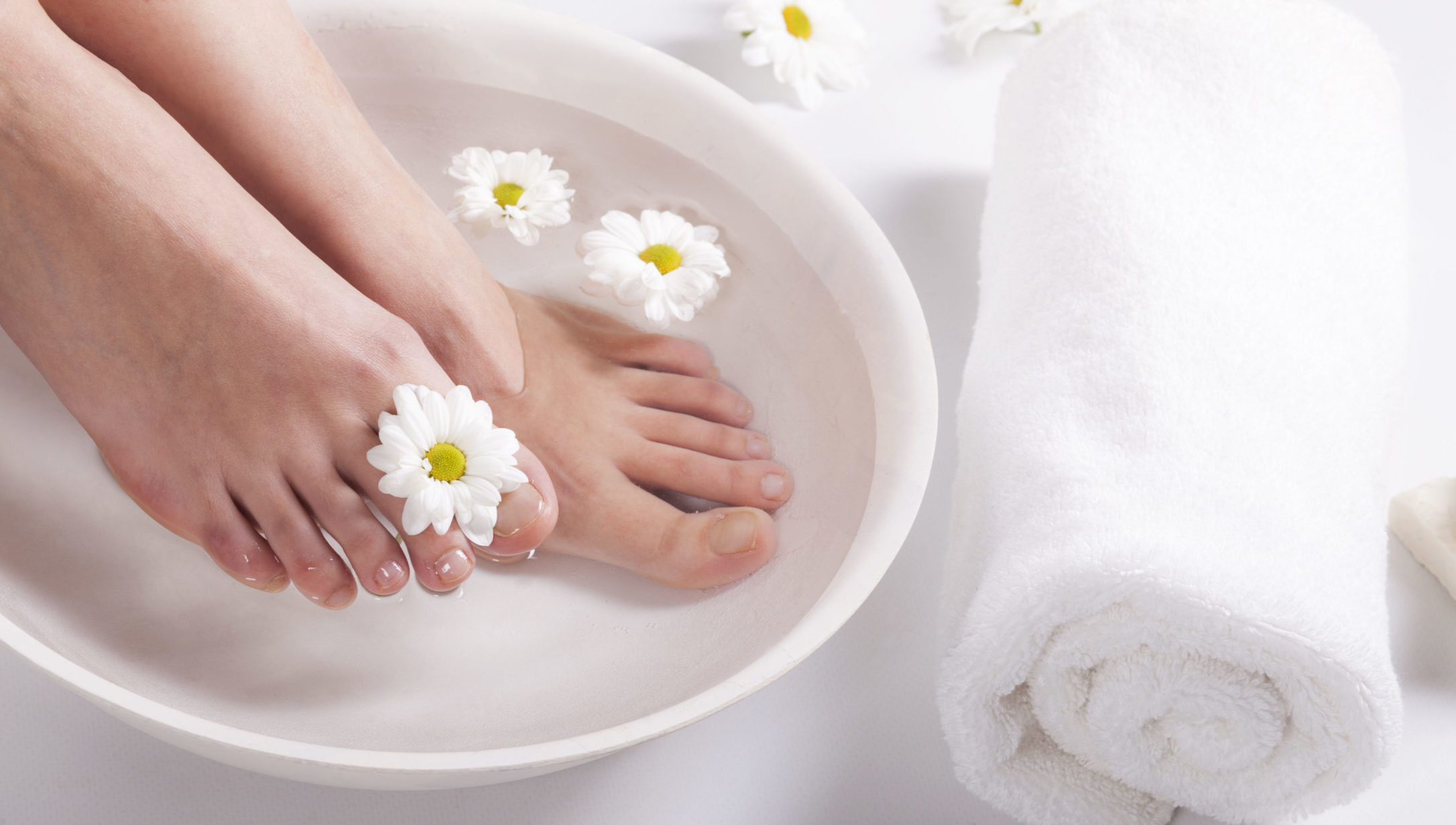Discover How To Treat Your Feet: Expert Tips & Tricks
Are your feet the unsung heroes of your daily life, silently enduring the miles you walk, the hours you stand, and the countless impacts they absorb? It's time to acknowledge their sacrifice and learn how to treat your feet with the care and attention they deserve. Neglecting your feet can lead to a cascade of problems, from minor discomfort to debilitating conditions. From the moment you rise until the time you rest, your feet are the foundation of your mobility, deserving of a comprehensive care regimen.
The simple act of walking, often taken for granted, places an incredible amount of stress on your feet. They bear the brunt of your body weight, absorb shock, and navigate uneven surfaces. The cumulative effect of this constant pressure can manifest in a variety of ways, from simple fatigue and soreness to more serious issues like plantar fasciitis, bunions, hammertoes, and stress fractures. Understanding the mechanics of the foot, and how everyday activities impact its well-being, is the first step towards adopting a proactive approach to foot care. Moreover, proper foot care extends far beyond mere aesthetics; it's about promoting overall health and well-being.
| Category | Details |
|---|---|
| Name | [If applicable, insert Name of Person] |
| Date of Birth | [If applicable, insert Date of Birth of Person] |
| Place of Birth | [If applicable, insert Place of Birth of Person] |
| Education | [If applicable, insert Education Details of Person] |
| Career Highlights | [If applicable, insert Career highlights of Person] |
| Professional Associations | [If applicable, insert details about Professional Associations of Person] |
| Awards and Recognition | [If applicable, insert details about Awards and Recognition of Person] |
| Key Contributions | [If applicable, insert Key Contributions of Person] |
| Link to Authentic Website (for reference) | [Website Name] |
One of the most fundamental aspects of foot care is selecting the right footwear. Shoes are not merely fashion accessories; they are essential tools for protecting and supporting your feet. The ideal shoe should provide adequate arch support, cushioning, and a secure fit. Consider the activities you engage in regularly. Runners, for example, require shoes specifically designed to absorb impact and provide stability, while those who spend long hours on their feet may benefit from shoes with excellent arch support and cushioning. Pay close attention to the shoe's construction: the materials used, the sole's flexibility, and the overall design. Regular shoe inspections, ensuring there are no signs of excessive wear and tear, are crucial. Replace shoes when they show signs of damage, as worn-out footwear compromises support and increases the risk of injury. Furthermore, it's important to choose shoes that fit properly. Ill-fitting shoes, whether too tight or too loose, can lead to blisters, calluses, and other foot problems. Have your feet measured regularly, as shoe size can change over time. In addition to selecting the right shoes, the type of socks you wear also plays a significant role in foot health. Opt for socks made of moisture-wicking materials, such as wool or synthetic blends, to keep your feet dry and prevent blisters. Avoid cotton socks, which tend to retain moisture and can increase the risk of fungal infections.
Beyond footwear, daily foot hygiene is a cornerstone of foot care. Washing your feet thoroughly with warm water and mild soap is the first step. Pay particular attention to the areas between your toes, as these areas are prone to accumulating dirt and bacteria, which can lead to infections. Dry your feet completely after washing, especially between the toes, as moisture promotes the growth of fungi. Regular trimming of toenails is equally important. Trim your toenails straight across to prevent ingrown toenails, a painful condition that can lead to infection. Additionally, inspect your feet regularly for any signs of abnormalities, such as cuts, blisters, corns, calluses, or changes in skin color. Early detection of any issues allows for prompt treatment, preventing them from escalating into more serious problems. Moisturizing your feet regularly is also essential, particularly if you have dry skin. Choose a moisturizing cream specifically formulated for feet, and apply it after washing and drying your feet. Regular use of moisturizers helps to prevent cracked heels and maintain the skin's elasticity. If you have diabetes, foot care becomes even more critical. Diabetes can impair circulation and nerve function in the feet, making them more susceptible to infections and injuries. Individuals with diabetes should examine their feet daily for any signs of problems, and consult with a podiatrist regularly.
For those experiencing specific foot problems, a variety of treatments and remedies are available. Over-the-counter products, such as antifungal creams and medicated foot powders, can effectively treat common conditions like athlete's foot. For more persistent or severe issues, seeking professional help from a podiatrist is recommended. Podiatrists are medical doctors specializing in foot and ankle care. They can diagnose and treat a wide range of foot problems, from ingrown toenails and plantar fasciitis to bunions and hammertoes. Podiatrists offer a variety of treatments, including prescription medications, orthotics, and surgical procedures. Physical therapy can be beneficial for certain foot conditions, such as plantar fasciitis and ankle sprains. Physical therapists can help strengthen the muscles of the foot and ankle, improve flexibility, and reduce pain. Orthotics, or custom-made shoe inserts, can provide arch support and correct foot alignment, relieving pain and preventing future problems. Proper use of orthotics can significantly impact the way your feet function, improving your posture, gait, and reducing the strain on other joints. In some cases, surgery may be necessary to correct foot deformities or address severe injuries. The decision to undergo surgery should be made in consultation with a podiatrist or orthopedic surgeon.
Lifestyle choices also significantly impact the health of your feet. Maintaining a healthy weight reduces the stress on your feet, preventing common problems like plantar fasciitis and arthritis. A balanced diet provides the necessary nutrients for healthy skin and tissue, promoting overall foot health. Regular exercise improves circulation and strengthens the muscles of the feet and ankles. The choice of exercises should be mindful of the impact, with activities such as swimming and cycling being less stressful on the feet compared to high-impact activities like running. When sitting for extended periods, take breaks to stretch your feet and ankles. This helps improve circulation and prevent stiffness. Elevate your feet whenever possible, particularly after prolonged standing or walking. This helps reduce swelling and relieve discomfort. Avoid wearing tight socks or shoes, which can restrict circulation. Choose footwear with adequate ventilation to keep your feet dry and prevent fungal infections. Its also important to avoid walking barefoot, especially on hard surfaces. This can lead to injury and increase the risk of infection.
Beyond the general recommendations for foot care, certain populations may require special attention. Athletes, for example, place significant stress on their feet, making them susceptible to a range of injuries. Proper footwear, regular stretching, and strengthening exercises are essential for preventing injuries in athletes. Individuals with diabetes require meticulous foot care to prevent serious complications. Regular foot examinations, proper footwear, and prompt treatment of any problems are crucial for managing diabetes-related foot issues. Children's feet are still developing, and proper footwear and foot care are essential for healthy development. Parents should ensure that their children's shoes fit properly and provide adequate support. Seniors may experience age-related foot problems, such as arthritis, bunions, and loss of fat padding on the feet. Seniors should prioritize proper footwear, regular foot care, and seeking professional help when needed.
Foot massage offers a multitude of benefits, not only for relaxation but also for improving overall foot health. Regular foot massages can improve circulation, relieve muscle tension, and reduce pain. Massaging your feet can be a simple, yet effective way to treat your feet and promote their well-being. Self-massage can be performed using your hands or with the help of massage tools, such as foot rollers or massage balls. When performing self-massage, use gentle, circular motions, focusing on the arches, heels, and toes. Professional foot massages, provided by trained therapists, can offer even greater benefits. Massage therapists can identify and address specific foot problems, providing targeted relief and relaxation. Warm foot soaks also provide therapeutic benefits. Soaking your feet in warm water can help soothe tired muscles, reduce swelling, and soften the skin. Adding Epsom salts to the water can enhance the benefits, providing minerals that can help reduce inflammation and relieve pain. Essential oils, such as lavender and peppermint, can also be added to foot soaks for their relaxing and therapeutic properties.
The long-term benefits of prioritizing foot care are significant. By treating your feet with consistent care, you can prevent a wide range of problems, from minor discomfort to debilitating conditions. Investing in proper footwear, maintaining good foot hygiene, and addressing any problems promptly can improve your mobility, reduce pain, and enhance your overall quality of life. Consistent foot care contributes to improved posture and balance, further supporting overall health and reducing the risk of falls. Additionally, taking care of your feet allows you to remain active and engaged in the activities you enjoy. Whether its walking, running, dancing, or simply enjoying a leisurely stroll, healthy feet are the foundation of an active and fulfilling lifestyle. Preventative foot care also saves you time and money in the long run. By addressing minor issues before they become major problems, you can avoid costly medical treatments and surgeries. Overall, treating your feet is a worthwhile investment in your health and well-being. By taking a proactive approach to foot care, you can ensure that your feet remain healthy and functional for years to come. This attention to detail allows you to maintain an active, pain-free lifestyle, providing both physical comfort and peace of mind.


